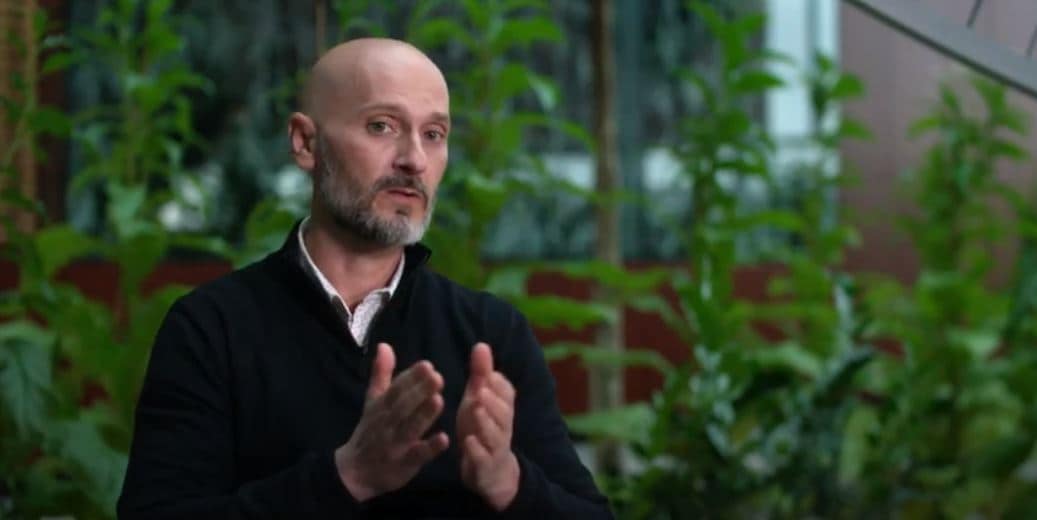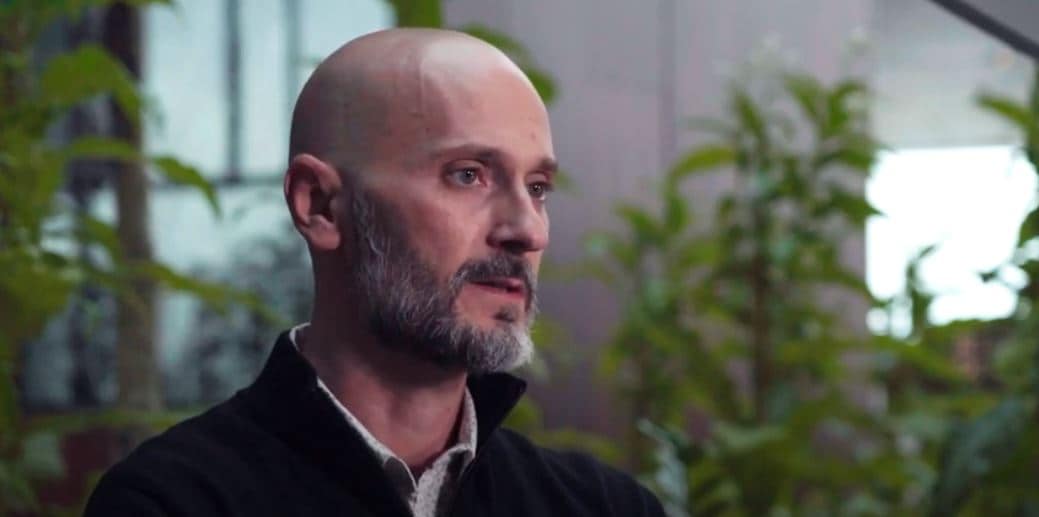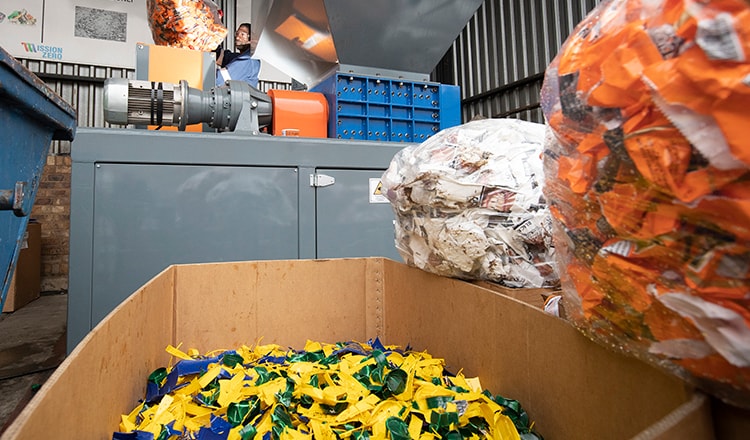PMI is determined to fight the environmental damage caused by plastic and post-consumer waste from our products – particularly cigarette butts.
Tens of thousands of cigarette butts are littered every second. By 2030, there could be more cigarette butts than fish in the oceans if littering is not reduced. As a tobacco manufacturer, we want to make a difference. We have implemented strategies that together will help us achieve our target of a 50 percent reduction in plastic litter from our products by 2025.
It is crucial to reduce the plastic pollution of our land and seas caused by litter – and prevent the leakage of waste into the environment, especially plastics, which are present in cigarette butts as well. We are taking a systematic approach to the issue of littered cigarette butts. This involves analyzing the causes, identifying littering hotspots, driving behavioral change, providing equipment for proper disposal, and raising awareness of the issue. We have brought together expertise from three organizations – Cortexia, Carto, and Litterati – to implement a data-driven approach to assess the prevalence of cigarette butt litter across the globe.
Our strategy is spearheaded by our ‘three Es’ principle – to Educate (by raising awareness of the problem), to Enable (by providing appropriate butt disposal equipment), and to Enforce (by ensuring inappropriate behavior is not considered socially acceptable). To accelerate change, we are teaming up with third-party organizations across the world to optimize the impact that we, as a company, can have on the global issue of plastic littering.
Let’s work together toward the solution.
25 percent of adult smokers throw cigarette butts to the ground because they “think it’s a normal way to dispose of a cigarette.” *
Nearly half of the respondents admitted they feel “very angry” when they witness someone dropping a cigarette butt in public.*
59 percent of respondents were more concerned about protecting the natural environment in the wake of the COVID-19 pandemic.*
* Data taken from PMI's Global Cigarette Butt Litter Survey. It was carried out by global research and insights company Kantar between March and May 2020. In total, 12,800 people across 10 countries in six continents were surveyed.
Why don’t we have biodegradable filters yet?
We’ve spent 10 years working on an alternative material for our filters, and we continue looking for a fully biodegradable alternative.

What makes a biodegradable filter?
PMI's Senior Product Branching Scientist, Stefanos Papakyrillou, explains the process of producing and defining biodegradable materials.







